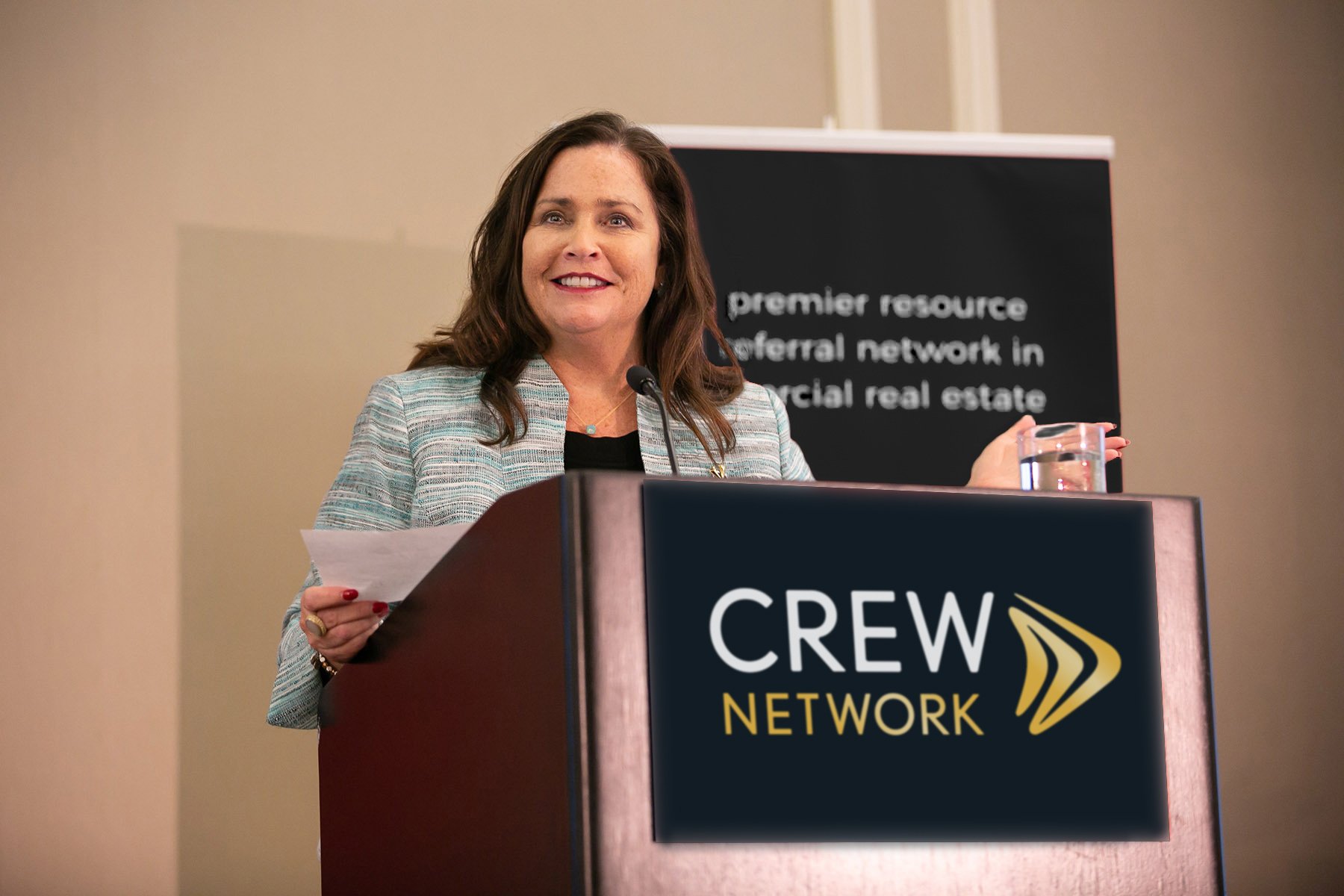 Las Vegas is the current investment hotspot. Economic, job and population growth have all helped the city land at the top of the list for investors—particularly those chasing yield—but the market could be suffering from the ghosts of the last recession, which hit the market hard. However, while the market will likely face challenges along with the rest of the country, increased capital interest and the market's recent evolution are good signs for the road ahead.
Las Vegas is the current investment hotspot. Economic, job and population growth have all helped the city land at the top of the list for investors—particularly those chasing yield—but the market could be suffering from the ghosts of the last recession, which hit the market hard. However, while the market will likely face challenges along with the rest of the country, increased capital interest and the market's recent evolution are good signs for the road ahead.
"The Las Vegas market over the next 12 months will be exposed to the same challenges as the rest of the nation," Petra Latch, executive director at Cushman & Wakefield, tells GlobeSt.com. "There was a time when Las Vegas was recession-proof but the great recession left scars. However, the feedback I get is that market participants are interested in doing business. Banks want to loan money, developers want to build, investors want to buy and landlords/owners want to sell with some appreciation. There is some comfort in knowing that regardless of the past, economic systems require that its participants continue to act, react and adapt—and Las Vegas is doing that."
Although predictions of a recession are increasing, Latch says that the real estate market is inherently cyclical, and at some point, the next downturn will arrive. She and her team are preparing clients and staying on top of shifting trends. "Cycles are nothing new and with trade wars, volatility in the stock market and a pending national election, we all expect that the more recent-year trends may slow and in some cases falter," she says. "Some tenants may take longer to do a deal, some buyers may require concessions and some lenders may shy away from deals that others are willing to consider. We strive to stay on top of trends and provide our clients with the most recent, relevant and useful data to aid in decision making."
Despite the recession chatter, Las Vegas is still a top investment market, and a broad swath of capital is looking for opportunities. "Las Vegas has clawed and crawled its way out of devastating conditions to again garner attention as a place to live and do business. Our client base varies, but in general they are all looking to grow, manage, diversify or maximize their wealth in real estate while minimizing their exposure to risk," says Latch. "There are opportunities in all sectors but as always it requires sound decision making—and appraisals are an important tool to use."
The arrival of capital to the market has helped to fuel and fund growth across asset classes and to elevate the market. This could be an important distinction in the next downturn. "The addition of major league sports teams, a legitimate big-city stadium for events, the dental and medical schools and an influx of larger national credit industrial distribution tenants represents something new to our post-recession Las Vegas environment," says Latch. "Expansion to the north and south along Interstate 15 seems to be more of a reality than what it was before. We are still not a major market but may be graduating from a tertiary market to a second-tier city."
© Touchpoint Markets, All Rights Reserved. Request academic re-use from www.copyright.com. All other uses, submit a request to [email protected]. For more inforrmation visit Asset & Logo Licensing.




